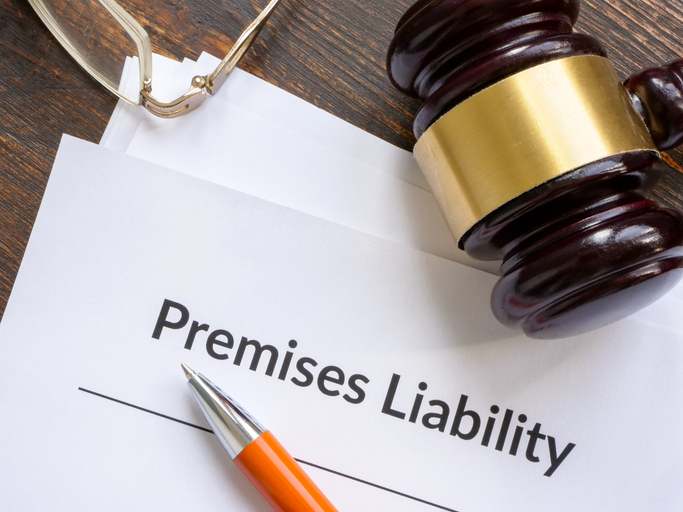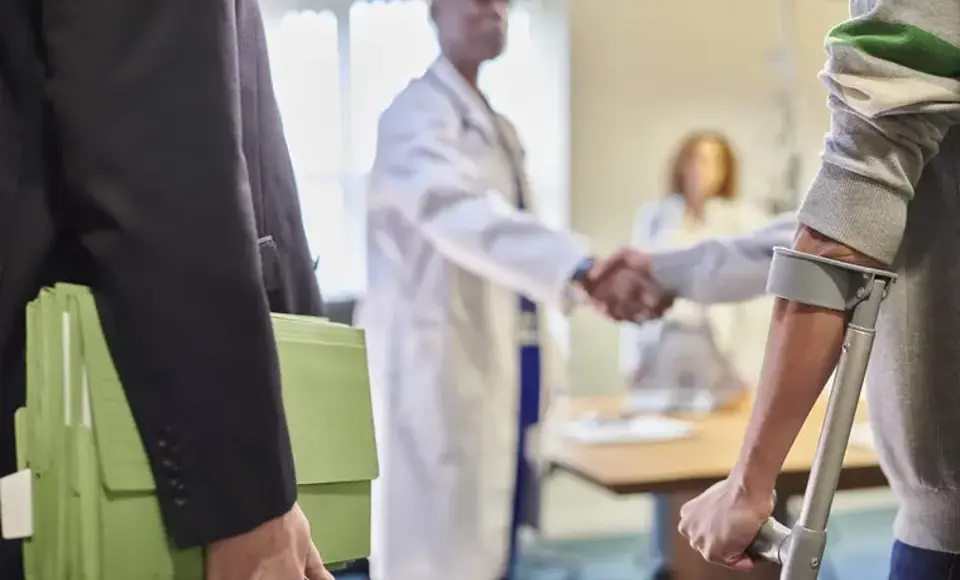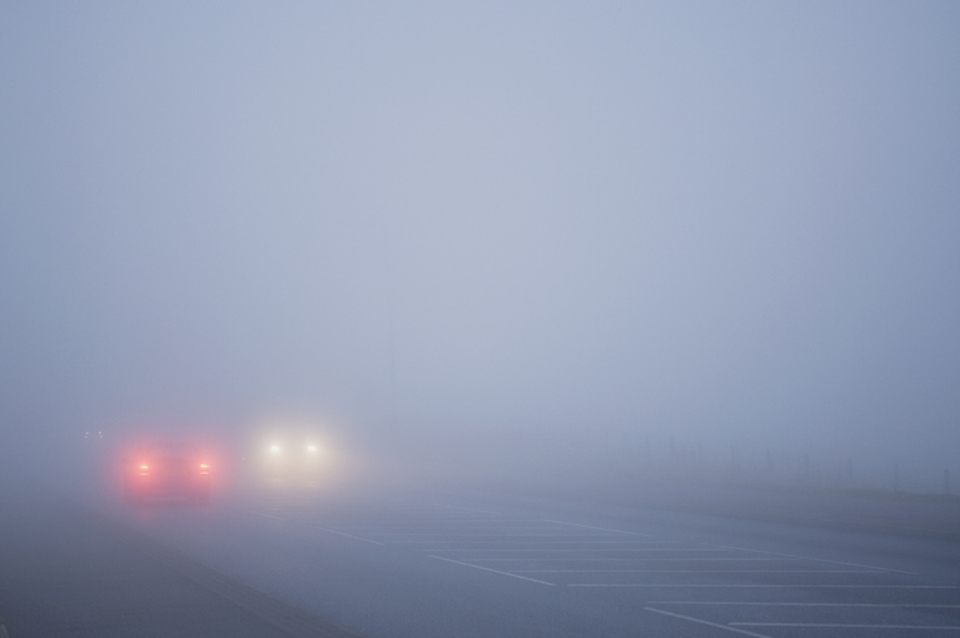Community events like fairs, concerts, festivals, and farmers' markets are a great way to bring people together. These gatherings offer fun, entertainment, and a sense of belonging. However, accidents can happen in crowded spaces, leaving victims confused about who is responsible and what their legal rights are. If you’ve been injured at a community event, understanding your rights can help you take the right steps toward recovery and fair compensation.
Common Premises-Related Accidents at Community Events
With so many people, activities, and equipment in one place, community events are ripe for potential hazards. Here are some of the most common premises-related accidents that can occur:
1. Slip and Fall Accidents
Uneven pathways, wet surfaces, or debris left on walkways can lead to devastating slip-and-fall accidents. For example, if a festival vendor spills drinks and fails to clean up, visitors are at risk of injury.
2. Tripping Hazards
Temporary setups like tents, electrical cords running across the ground, and improperly marked stairs or steps can become tripping hazards for unsuspecting attendees.
3. Structural Failures
A collapsing stage, tent, or bleachers can seriously injure people in the surrounding area. These incidents typically stem from faulty construction, inadequate maintenance, or overloading.
4. Crowd-Related Injuries
Large crowds can sometimes lead to stampedes, fights, or crush injuries. Poor crowd management or a lack of security can escalate these dangers.
5. Food and Beverage Safety Issues
Contaminated food served at community events can result in food poisoning, dehydration, or allergic reactions if vendors don’t take proper precautions.
6. Equipment-Related Accidents
Carnival rides, inflatables, or other event equipment can malfunction if not properly maintained, leading to accidents that injure riders or bystanders.
These accidents can lead to physical injuries such as broken bones, head trauma, burns, or more severe, life-altering medical conditions. Regardless of the type of incident, understanding who may be at fault is crucial.
Legal Responsibilities of Event Organizers
Event organizers owe a "duty of care" to ensure attendees' premises are reasonably safe. This duty extends to vendors, contractors, property owners, and even security personnel involved in the event. Here’s a closer look at their specific legal obligations:
1. Maintaining a Safe Environment
Organizers must ensure that areas used for the event are free of hazards. This includes inspecting the venue, removing potential dangers, and addressing risks quickly. For example, loose floorboards in a stage area should be fixed before attendees arrive.
2. Proper Security Measures
Organisations must implement adequate security measures to prevent stampedes, overcrowding, or altercations when managing large crowds. Hiring trained security personnel or creating clear crowd-flow routes can help minimize risks.
3. Vendor Compliance
Organizers are responsible for ensuring all vendors meet health and safety standards. For example, food vendors must comply with local food safety regulations to prevent illnesses.
4. Signage and Warnings
Proper signage is essential for alerting attendees to potential hazards. This could include marking uneven terrain, pointing out emergency exits, or warning against high-voltage electrical equipment.
5. Hiring Qualified Contractors
If contractors are employed to build or run event infrastructure (like stages, lighting, or rides), the organizers must vet them for qualifications and ensure they comply with safety standards.
If the event organizers or anyone involved fails to meet these responsibilities and their negligence causes an accident, they can be held liable for injuries or damages.
Steps to Protect Your Rights After an Accident
If you’ve been injured at a community event, what you do in the immediate aftermath can significantly affect your ability to seek compensation later. Here’s a step-by-step guide to protecting your rights:
Step 1. Seek Medical Attention
Your health should always come first. Even if an injury seems minor, get checked out by a medical professional. Some injuries, like concussions or internal injuries, might not show symptoms right away. Documenting your medical condition is also essential for any legal claims.
Step 2. Report the Accident
Notify event organizers or venue staff about the accident as soon as possible. Most events have procedures in place for handling incidents. Ensure the incident is recorded in an official accident report.
Step 3. Gather Evidence
If you're able, collect evidence from the scene. Take photos or videos of:
- The hazard that caused your injury (e.g., wet floor, broken step, exposed wire)
- Your injuries
- The surrounding area If there are witnesses, ask for their contact information. Their testimonies may support your case.
Step 4. Preserve Documentation
Keep every piece of documentation related to the accident, including:
- Medical records and bills
- Receipts for expenses like transportation to the hospital
- Loss of income records if the injury prevents you from working
- Event tickets or proof of attendance These records will help establish the extent of your damages.
Step 5. Consult a Personal Injury Attorney
Premises liability cases can be complicated. Determining who is responsible for a community event accident often involves multiple parties, from the property owner to third-party vendors. A personal injury attorney can help you:
- Investigate the cause of the accident
- Identify liable parties
- Gather strong evidence to support your claim
- Negotiate with insurance companies on your behalf
- File a lawsuit if a fair settlement cannot be reached
An experienced lawyer will guide you every step of the way, ensuring your rights are protected and you receive the compensation you deserve.
What Compensation Can You Receive?
Victims of premises-related accidents at community events may be eligible for the following types of compensation:
- Medical Expenses: Covers the costs of treatment, surgeries, medications, and physical therapy.
- Lost Wages: Reimburses income lost due to the inability to work while recovering.
- Pain and Suffering: Provides compensation for emotional distress, mental anguish, and decreased quality of life.
- Future Damages: Addresses long-term care needs or loss of earning potential if an injury leads to permanent disability.
Every case is unique, and the amount of compensation you can receive depends on factors like the severity of your injuries and the level of negligence involved.
Holding Event Organizers Accountable Is Essential
By taking legal action against negligent event organizers, you’re seeking justice for yourself and ensuring these individuals and organizations improve their safety measures. Holding them accountable can prevent similar accidents from happening to others in the future.
Remember, most states impose a time limit (also known as a statute of limitations) on filing personal injury lawsuits. Taking action promptly ensures you don’t miss your opportunity to make a claim.
Austin Premises Liability Attorneys
If you or a loved one has been injured at a community event in Austin, Texas, understanding your rights and legal options is crucial. At Briggle & Polan, PLLC, our seasoned personal injury attorneys are dedicated to providing personalized legal solutions tailored to your specific needs. We invite you to contact our office to explore how we can assist you in pursuing just compensation and advocating for safer communities. Reach out today at (512) 400-3278 to schedule a consultation, and let us guide you through the complexities of your premises liability case with expertise and care.









